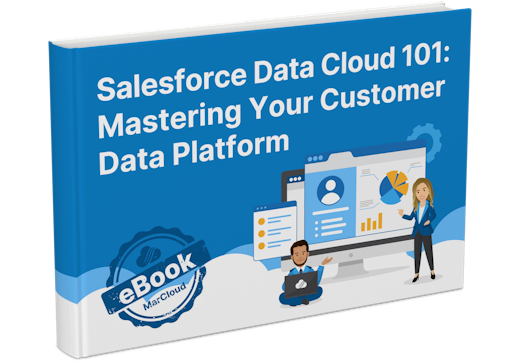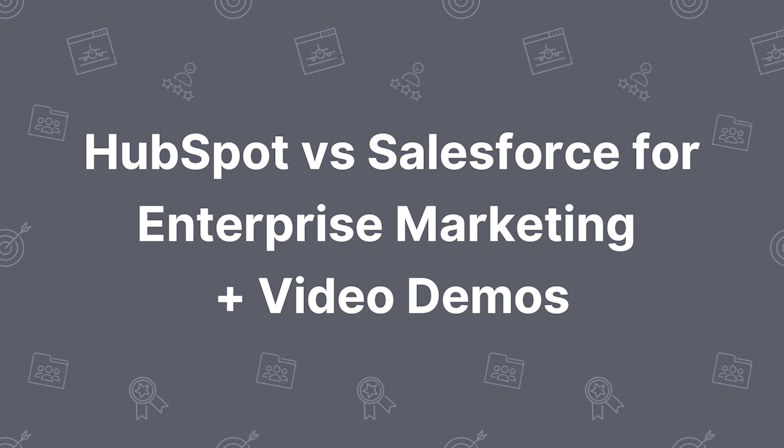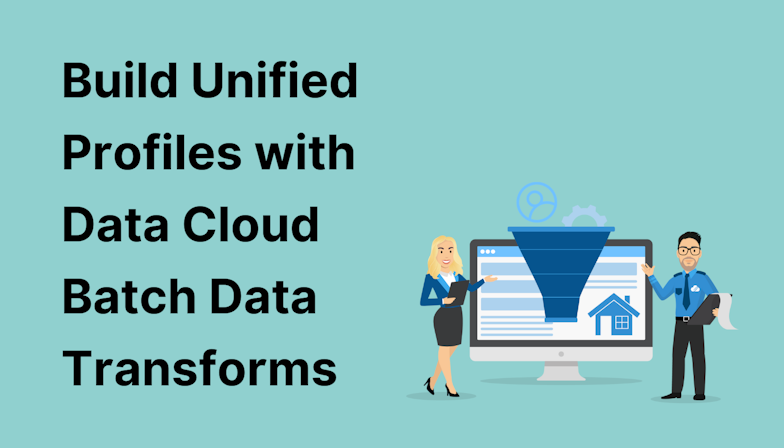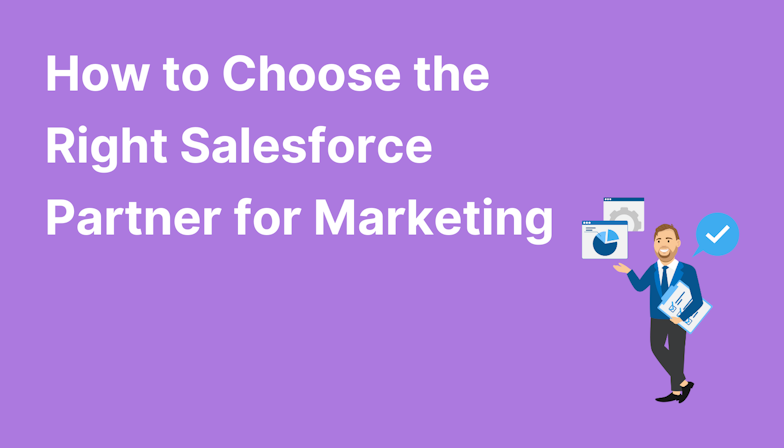To be clear, Salesforce does not own Snowflake. Rather Salesforce and Snowflake as separate companies have a partnership aimed at bringing together data storage and analytics insights for their customers.
There is a native integration between Data Cloud and Snowflake that has been improved even further in 2023 with enhanced data sharing. But more on that later, let’s start with the basics…
Snowflake
Snowflake is a fully-fledged data warehouse, which means it’s designed entirely for secure, scalable data storage and enabling teams to work on standard datasets without limitations. It has incredibly advanced analytics and reporting potential, allowing for optimal performance regardless of the volume of data in the system or the complexity of data transformations.
Salesforce Data Cloud
Salesforce Data Cloud, on the other hand, is a customer data platform (CDP) that enables teams to see a unified profile of their customer and act on this instantly via marketing, advertising, service or sales activity.
The focus is on combining first-party data from multiple sources in order to execute more accurate and real-time communication. There are, however, limits around what data scientists and engineering teams can do with data transformation in Data Cloud, due to reporting limits and other factors.
When using the cloud-based softwares together though, enterprise businesses have the complete infrastructure to store, manage, activate and report on data with ease.






